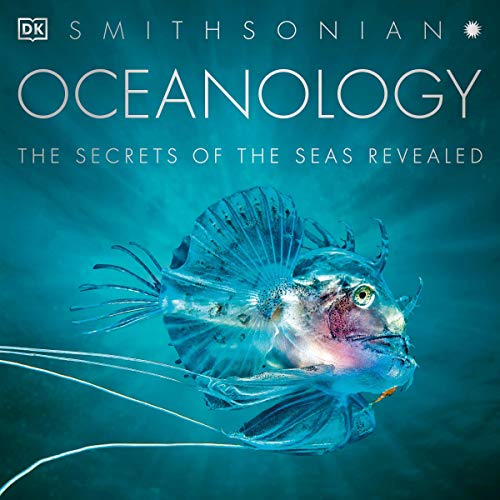14 best oceanography
Oceanography is the scientific study of the oceans, which cover more than 70% of the Earth's surface. It is a multidisciplinary field that combines elements of biology, chemistry, geology, physics, and meteorology to understand the complex and interconnected processes that occur in the world's oceans. Here are some key points about oceanography:
Branches of Oceanography: Oceanography can be divided into several subfields, including:
- Physical Oceanography: This branch focuses on the physical properties of the ocean, such as temperature, salinity, currents, and waves. It seeks to understand the dynamics of ocean circulation.
- Chemical Oceanography: This field explores the chemistry of seawater, including the distribution of elements and compounds, nutrient cycles, and the impact of human activities on ocean chemistry.
- Biological Oceanography: Biological oceanographers study marine life, including plankton, fish, marine mammals, and ecosystems. They investigate how organisms adapt to their environment and the interactions within marine food webs.
- Geological Oceanography: This branch examines the geology of the ocean floor, including the formation of seafloor features like trenches, mid-ocean ridges, and underwater volcanoes.
- Marine Meteorology: Marine meteorologists focus on weather patterns and atmospheric conditions over the ocean, which can impact navigation, marine life, and coastal communities.
Importance of Oceanography: Oceanography is crucial for understanding Earth's climate, weather patterns, and the distribution of marine resources. It plays a significant role in climate research, as the oceans act as a vast heat reservoir and help regulate global climate.
Technological Advances: Advances in technology have greatly enhanced the study of oceanography. Instruments like remote sensing satellites, autonomous underwater vehicles (AUVs), and remotely operated vehicles (ROVs) have allowed scientists to explore and monitor the oceans in ways that were previously impossible.
Conservation and Sustainability: Oceanography also plays a vital role in studying the impacts of human activities on the marine environment, such as overfishing, pollution, and the effects of climate change. Understanding these impacts is essential for the conservation and sustainable management of ocean resources.
Ocean Exploration: Oceanographers conduct research expeditions to explore the depths of the ocean, uncovering new species, geological features, and gaining insights into the history of the planet. Famous exploration missions, like those to the Mariana Trench, have expanded our knowledge of the deep ocean.
Educational Resources: There are numerous books, journals, and educational resources available on oceanography, making it a rich area of study for students and enthusiasts interested in the marine environment.
In conclusion, oceanography is a multidisciplinary field that delves into the complex and interconnected systems of the world's oceans. It is critical for understanding Earth's climate, marine ecosystems, and the impact of human activities on the oceans. The study of oceanography contributes to our knowledge of the natural world and is essential for the sustainable management of marine resources.
Below you can find our editor's choice of the best oceanography on the marketLatest Reviews
View all
Logitech Ipad Mini Keyboards
- Updated: 15.03.2023
- Read reviews

T Fal Fryers
- Updated: 03.06.2023
- Read reviews

Kid Picnic Bench
- Updated: 02.02.2023
- Read reviews

Low Profile Power Cord
- Updated: 16.03.2023
- Read reviews

100 Watt Soldering Iron
- Updated: 04.06.2023
- Read reviews













